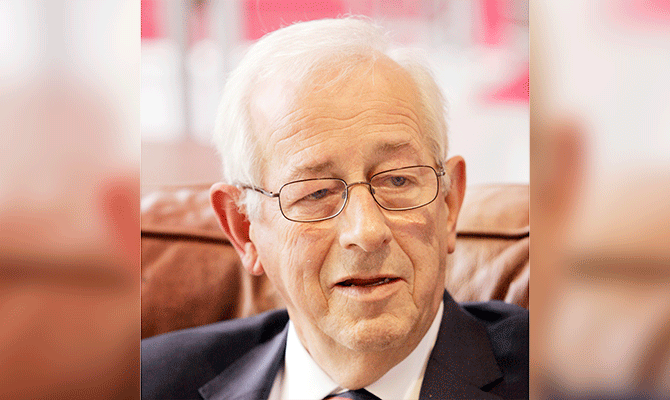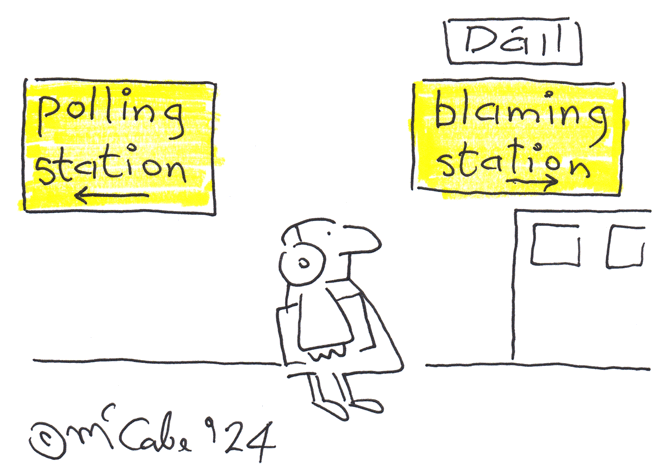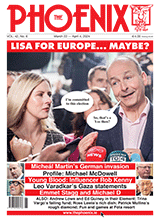
Emmet Stagg
THE WHIFF of authentic sincerity marked the tributes of President Michael D Higgins to the recently departed ex-Labour minister Emmet Stagg and the two were definitely close comrades in the murky world of Labour Party power politics in the era of Tricky Dicky Spring.
With typical understatement Higgins this week told of Stagg’s “generosity and kindness”, how he “embodied the spirit of the Labour Party in its best sense”, how he was one of Stagg’s “closest friends” in politics and that he had been privileged to share an office with Emmet Stagg in the Dáil. But while much of this true, it also camouflaged one of the most effective political manoeuvres in modern Irish politics – one that catapulted Higgins into the cabinet and Stagg into a junior ministry.
Emmet Stagg had led a revolt of Labour’s membership against coalition government with ‘right-wing’ parties, ie Fine Gael and Fianna Fáil, in the years during and after the FG/Labour coalition of the 1980s. However, as Labour renewed itself in the early 1990s and coalition appeared to again be inevitable, Stagg and his comrade, Michael D, hatched a plot of alarming proportions that could have not only blocked coalition but seriously damaged the Labour Party.
With implicitly pro-coalition statements being made by such as Spring and Ruairi Quinn in 1992 – the period leading up to the formation of the FF/Labour coalition in January 1993 – Stagg proceeded to hold negotiations with Proinsias De Rossa’s then titled New Agenda (subsequently Democratic Left), a split from the Workers’ Party. The negotiations appeared to have concluded with a deal that would have destroyed Labour (see The Phoenix 12/2/93).
The plan was to create a new party composed of left-wing members of Labour and the new moderates of Democratic Left, with the leader of this socialist party to be Michael D Higgins. A series of discussions involving De Rossa, Stagg, Higgins and others led to agreement about Higgins as the leader, although another proposal was for joint leadership of Higgins and De Rossa.
Leaks about this new party soon reached Tricky and his chief aide, Fergus ‘Fungus’ Finlay, who were aghast and recognised that it had to be aborted before it reached full term. Or else!
Thus, the two Labour heads and other trusted Labour TDs began to drop in to Higgins’s office for friendly chats about social democracy, trade union politics and other left-wing concerns. These chats quickly turned to offers from Tricky of various inducements in an effort to prevent Higgins, in particular, from defecting. Losing Emmet Stagg and even one or two left-wing TDs would have been a serious blow but Higgins also leaving was seen as disastrous.
The upshot? Stagg and Higgins abandoned De Rossa while Stagg told his comrades in the anti-coalition Labour Left that to revive the organisation would be “provocative”. He then went on – at Spring’s behest – to propose a motion at a special conference on coalition to enter coalition government with Fianna Fáil.
Oh, and Stagg was made a junior minister for the environment while Higgins became minister for the arts.



















